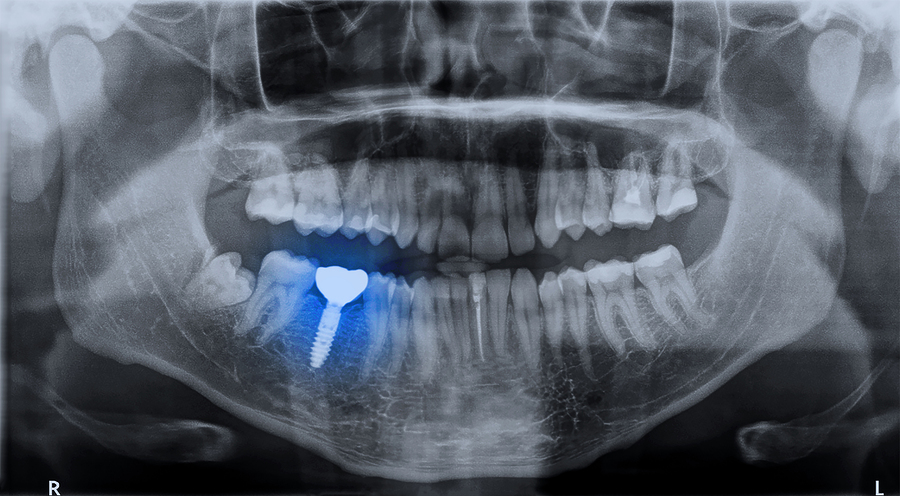When an injured or infected tooth cannot be saved, it’s natural to want to rush toward the next treatment step. If your choice to treat your failing tooth is a dental implant, your first question may be how long you have to wait after the extraction to get your dental implant. Just as every person’s mouth is unique, the timeline for their dental implant will be individualized. Several factors determine the length of time between extraction and implantation. 
What Can Impact Your Dental Implant Timeline?
- Number of teeth extracted. If one or two teeth are being extracted, it may be possible to proceed to an implant more quickly than if an entire arch of teeth are being removed.
- The health of your gums. If you have periodontal disease in addition to your compromised natural tooth, your dentist will want to improve the health of your gums before your implant.
- Whether you will need a bone graft to strengthen your jaw. If you have experienced bone loss in your jaw, you will likely need a bone graft to ensure the implant will be successful.
- The method of implantation your dentist has chosen. Extraction and implantation can be done the same day, but this requires a great deal of pre-planning and coordination between your dental professionals, as well specific criteria for your oral health. If a bone graft is needed, the implantation may need to allow for a healing period.
- How quickly the implant bonds to your jaw bone. Once your jaw is strong enough to accept a dental implant, the implant post will be placed. The process of osseointegration (the bone integrating with the implant) is what secures the implant and allows your new tooth to have a solid foundation.
“Dental implants have a high success rate, but only if the treatment is delivered in a way that meets the individual’s oral health needs,” says Dr. Jacqueline S. Allen, who practices with the Phoenix Endodontic Group. “If you have questions about how your procedure will unfold, ask your provider for a comprehensive explanation.”
